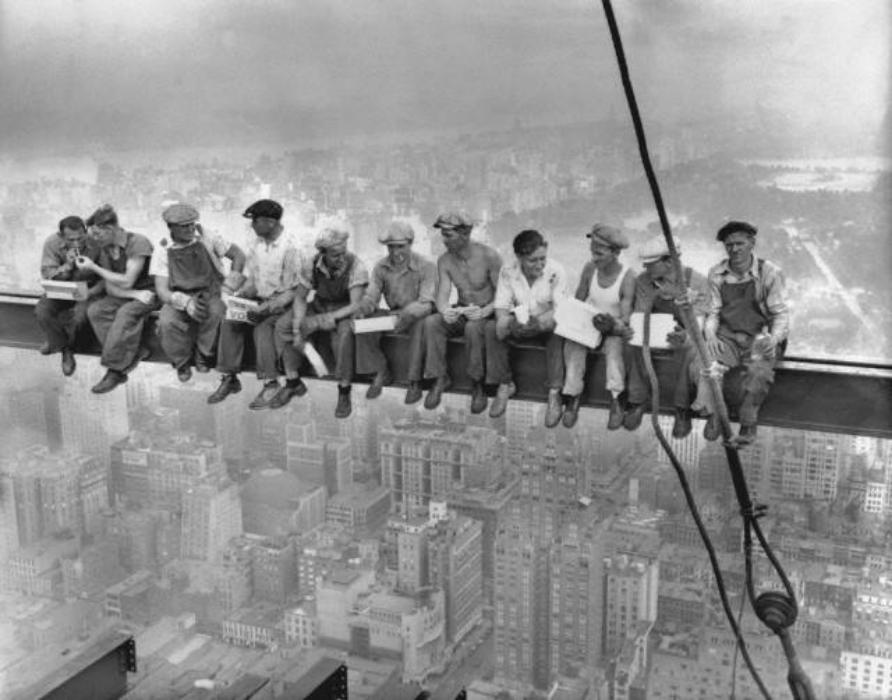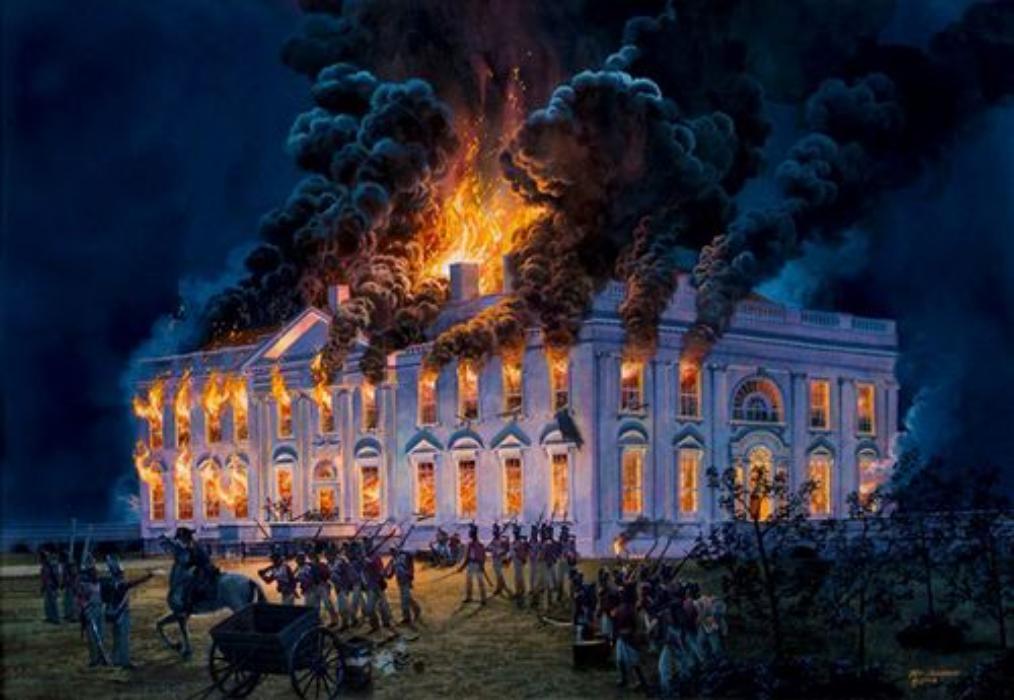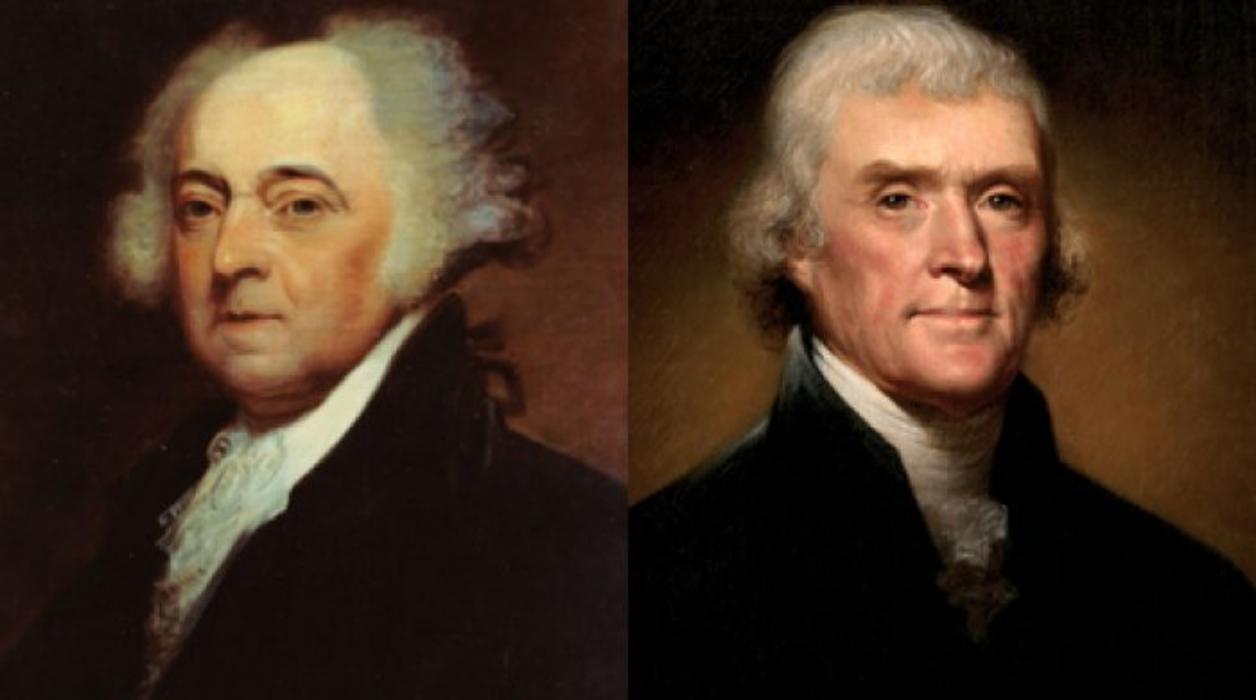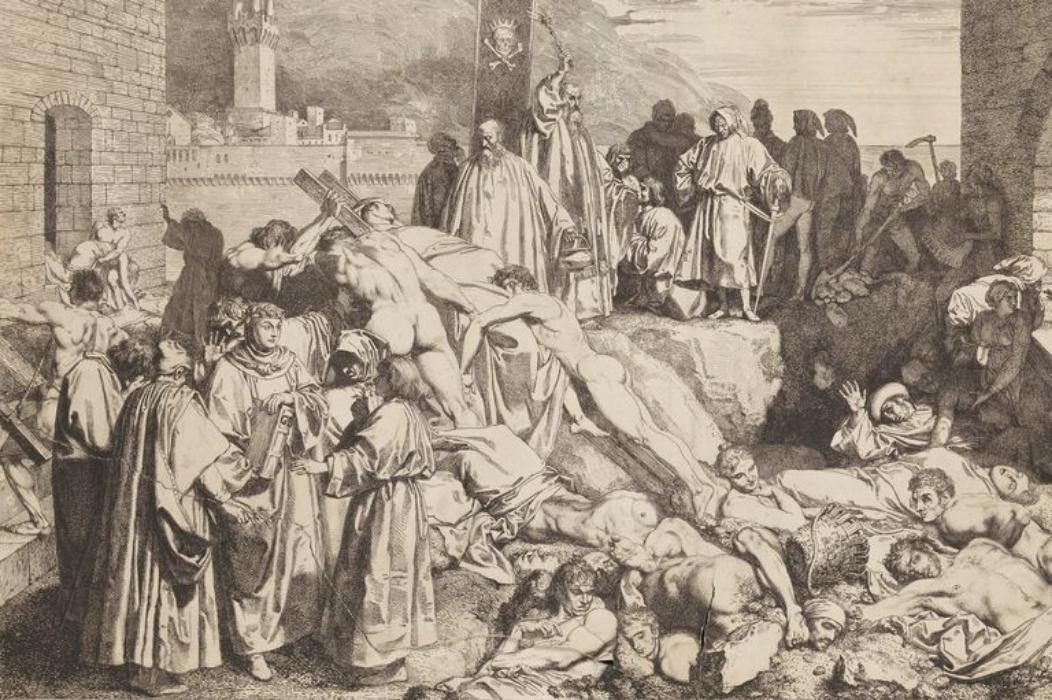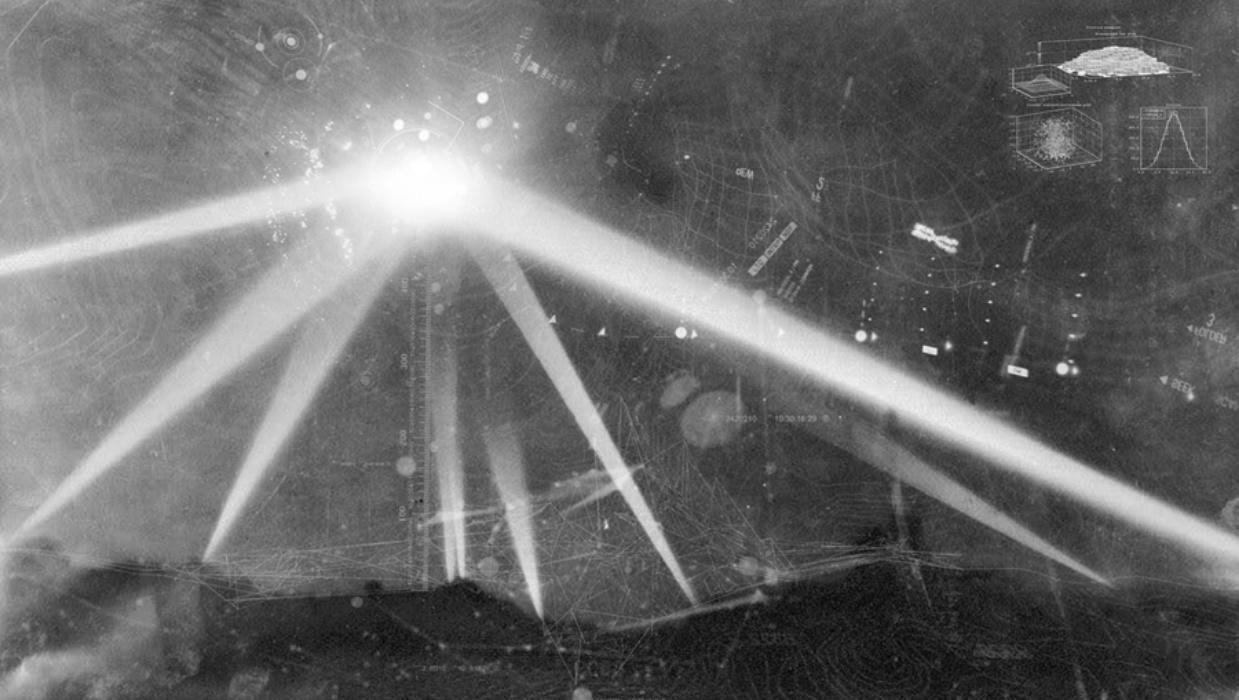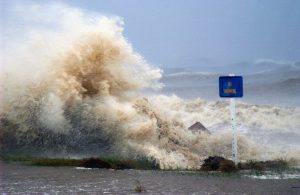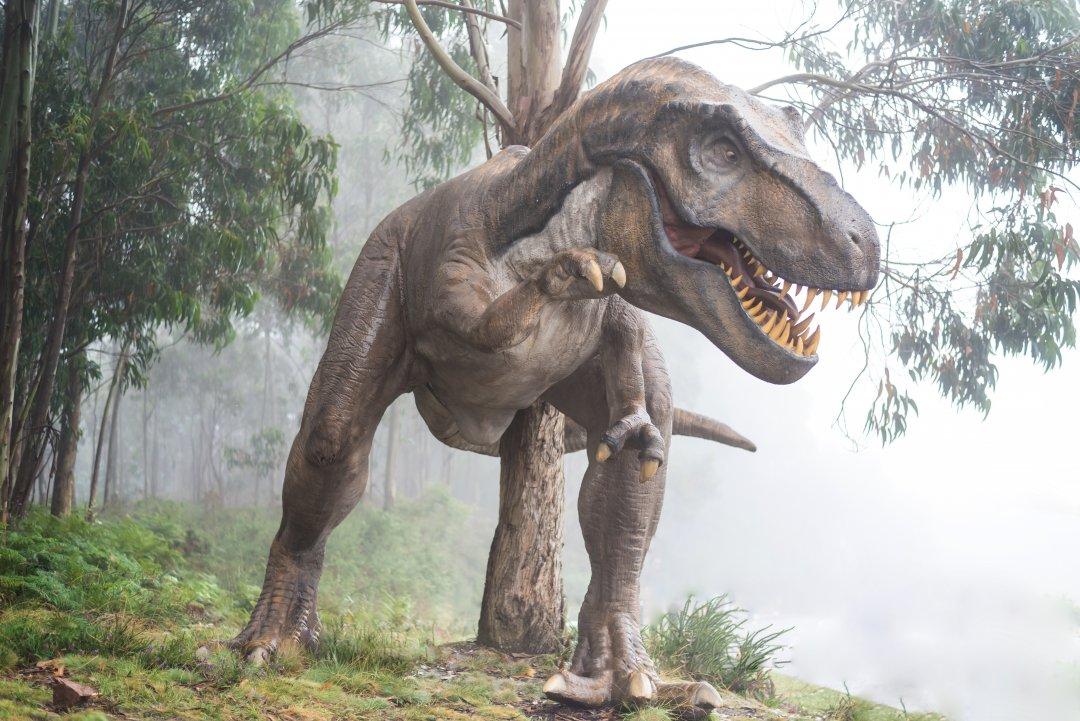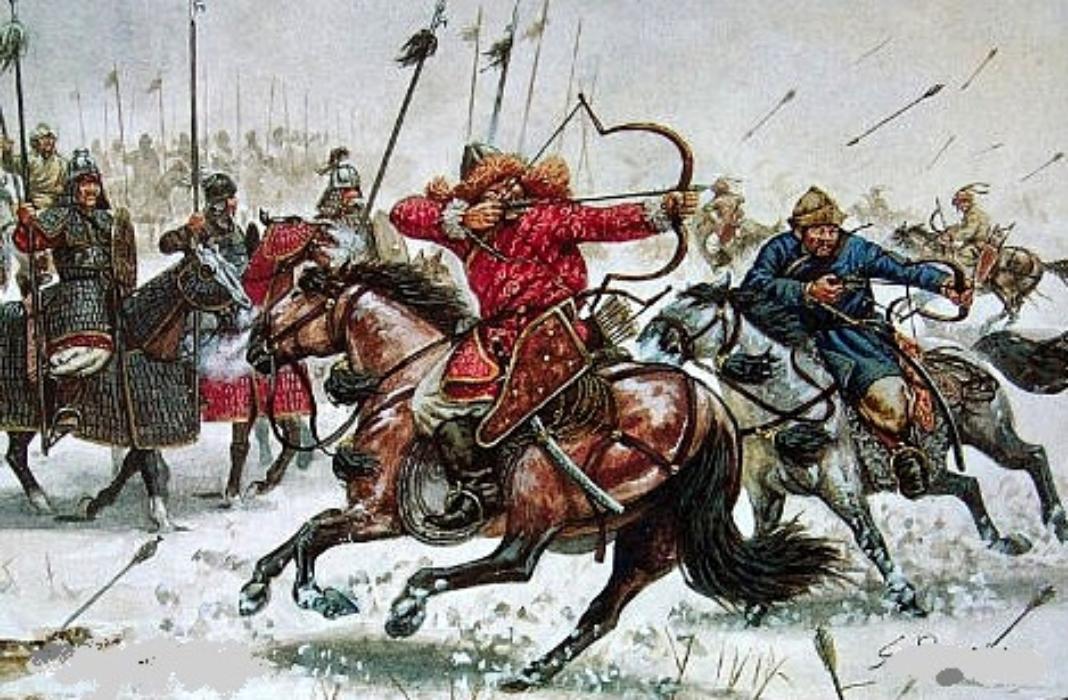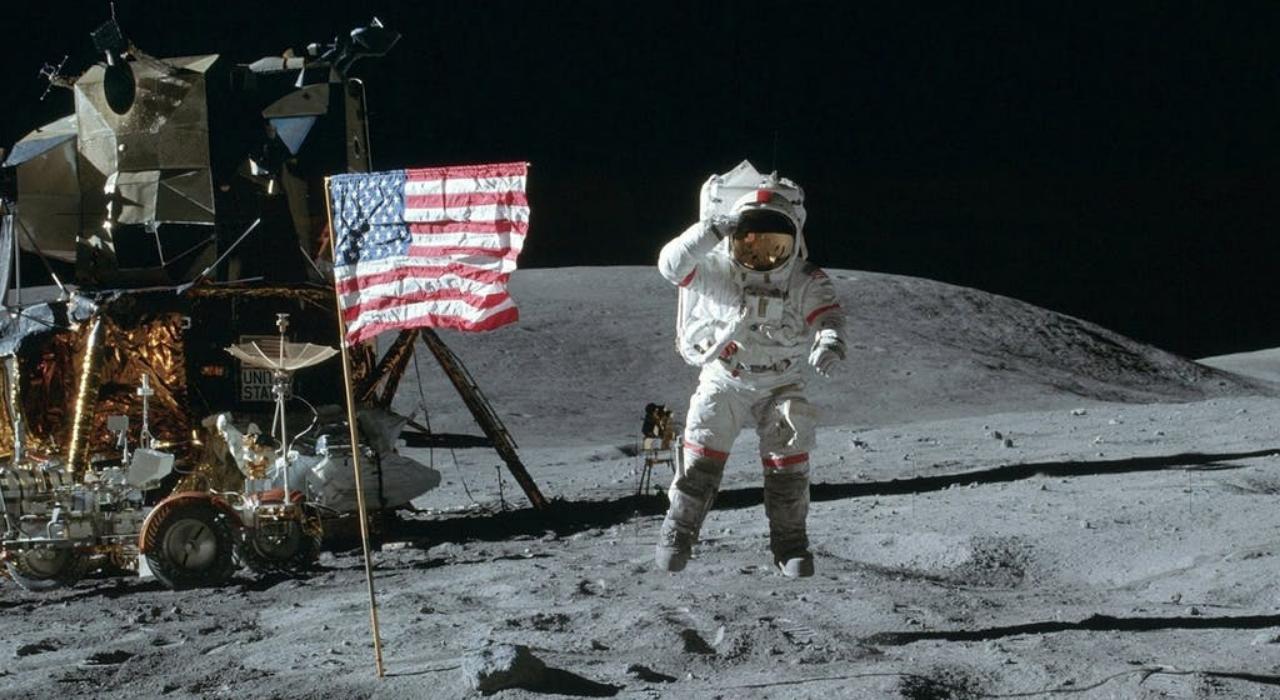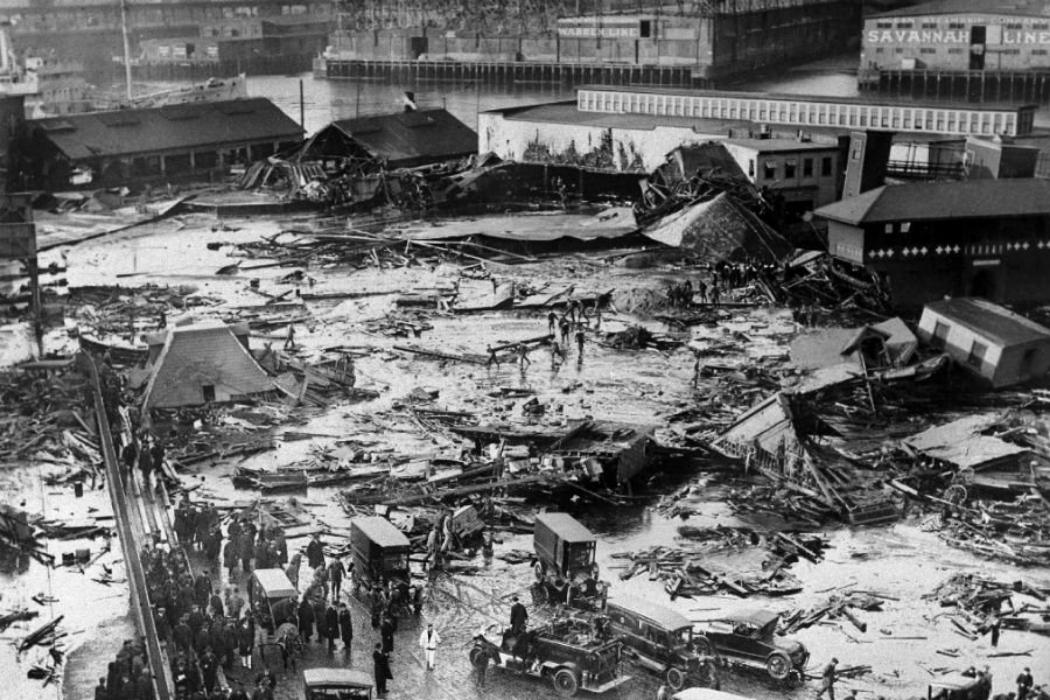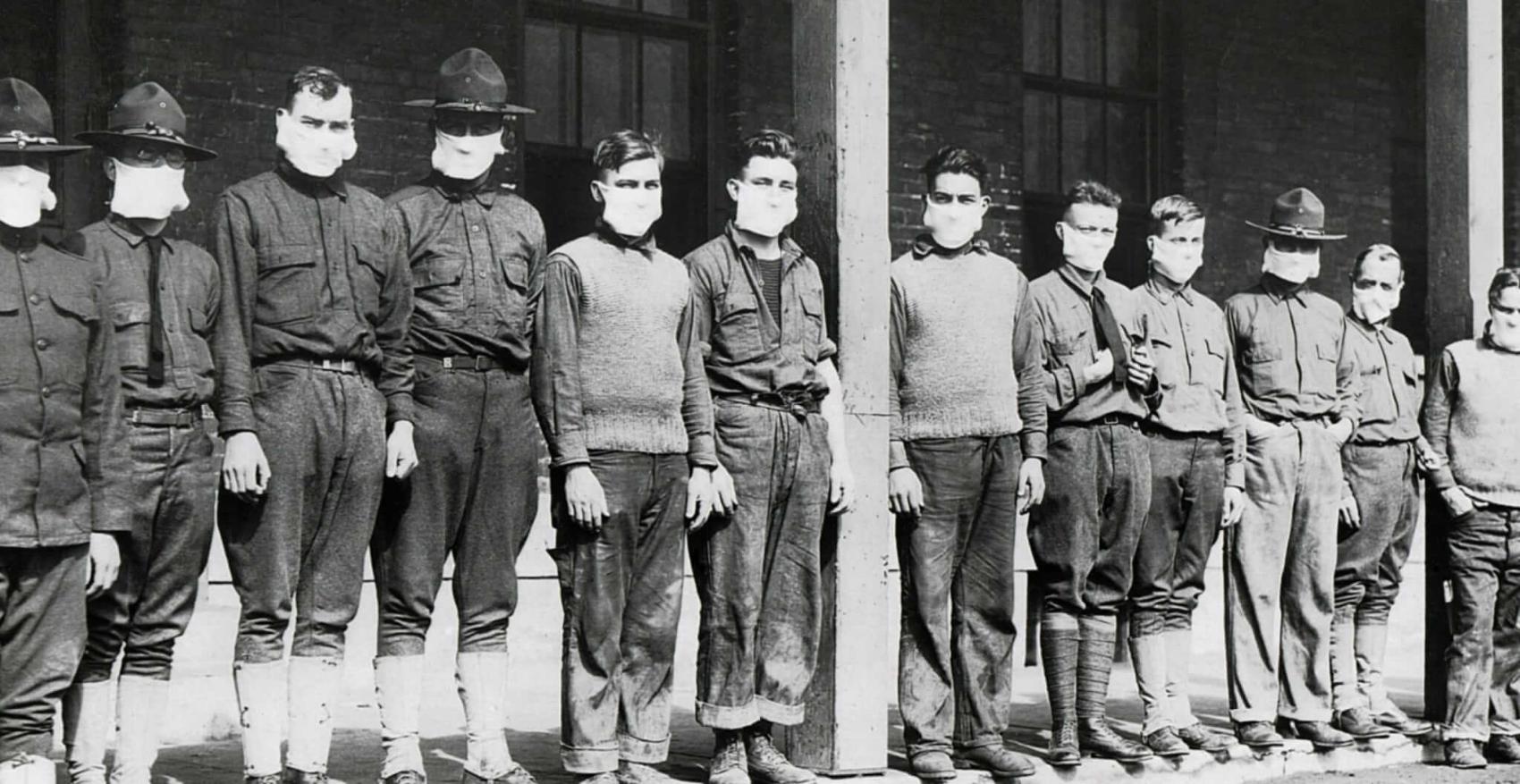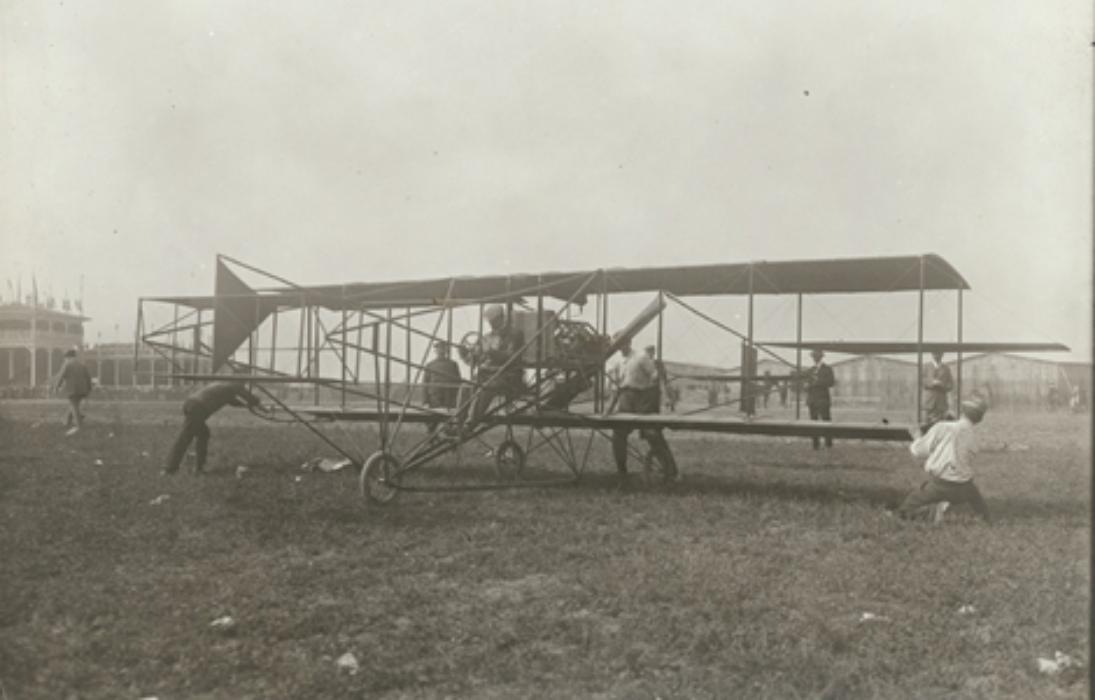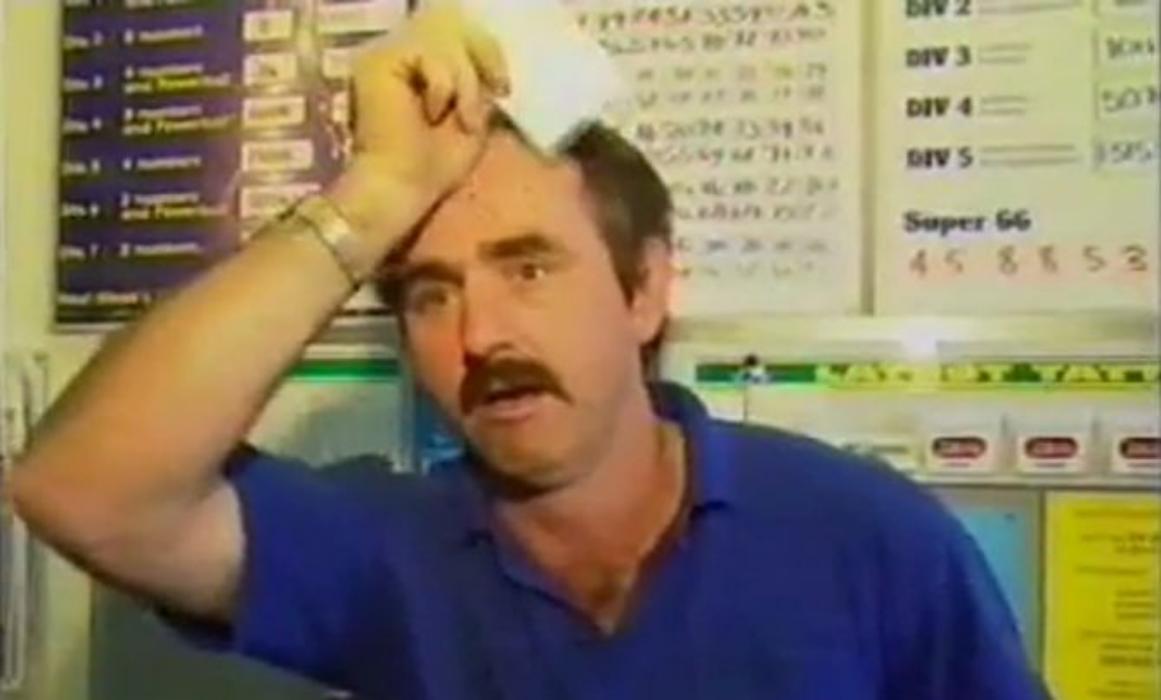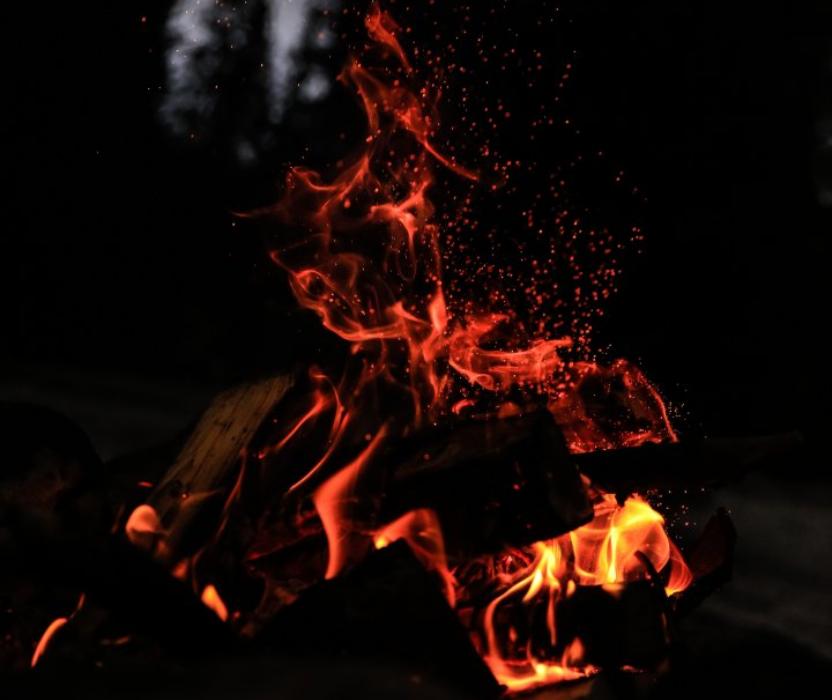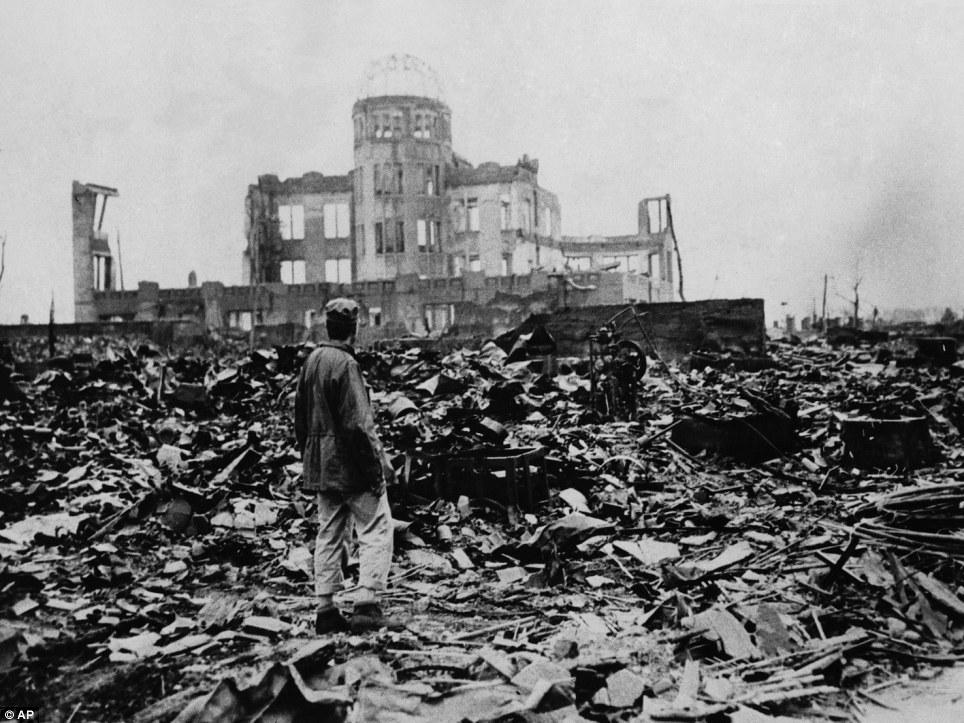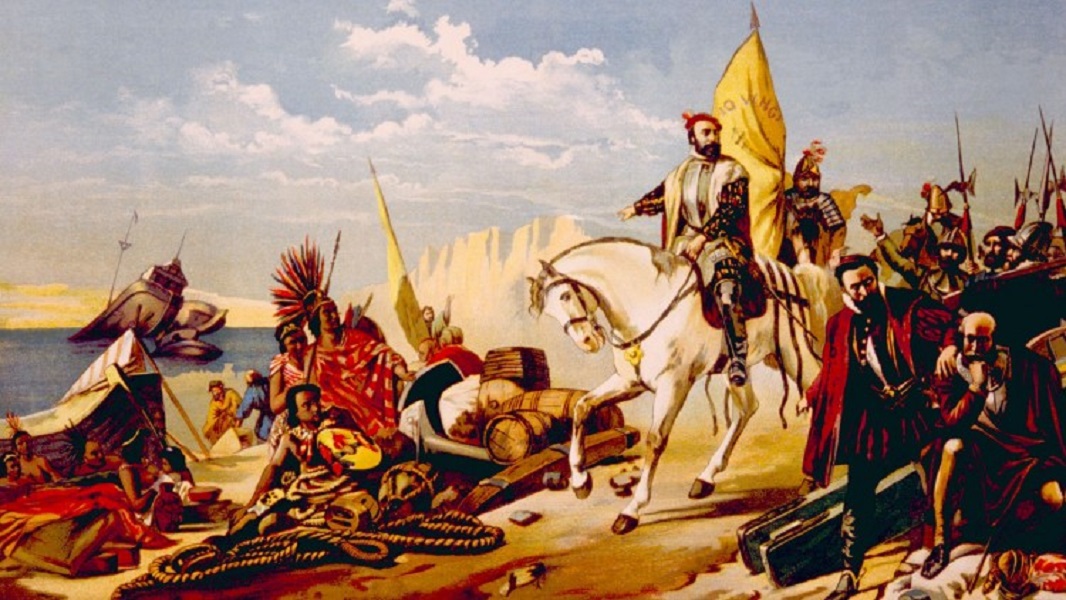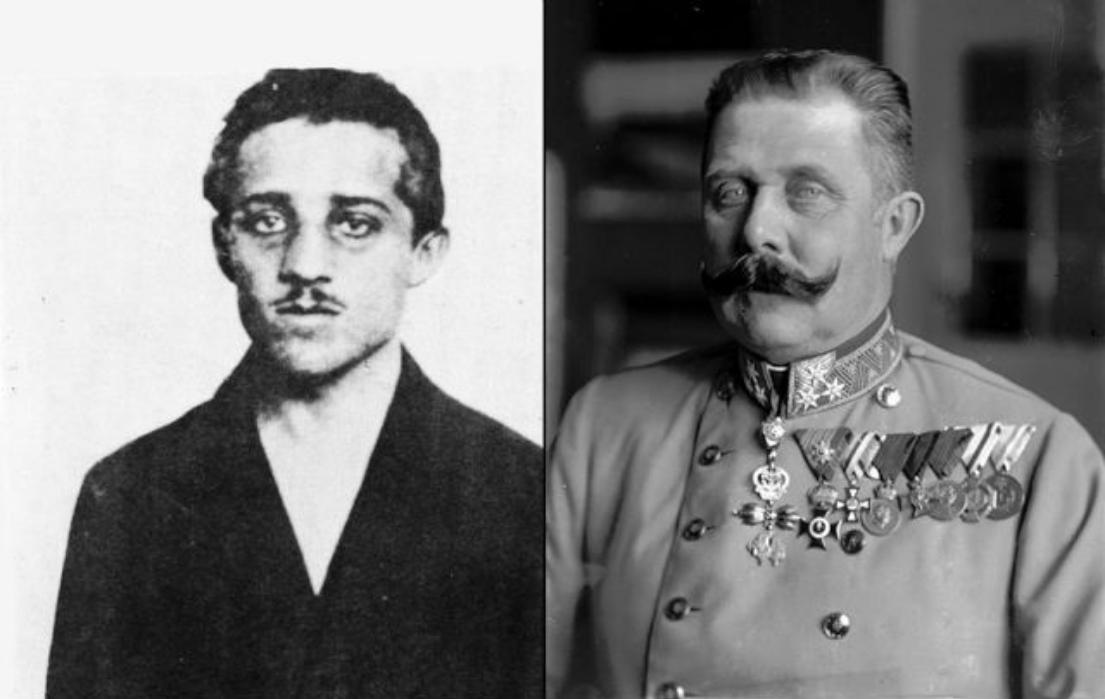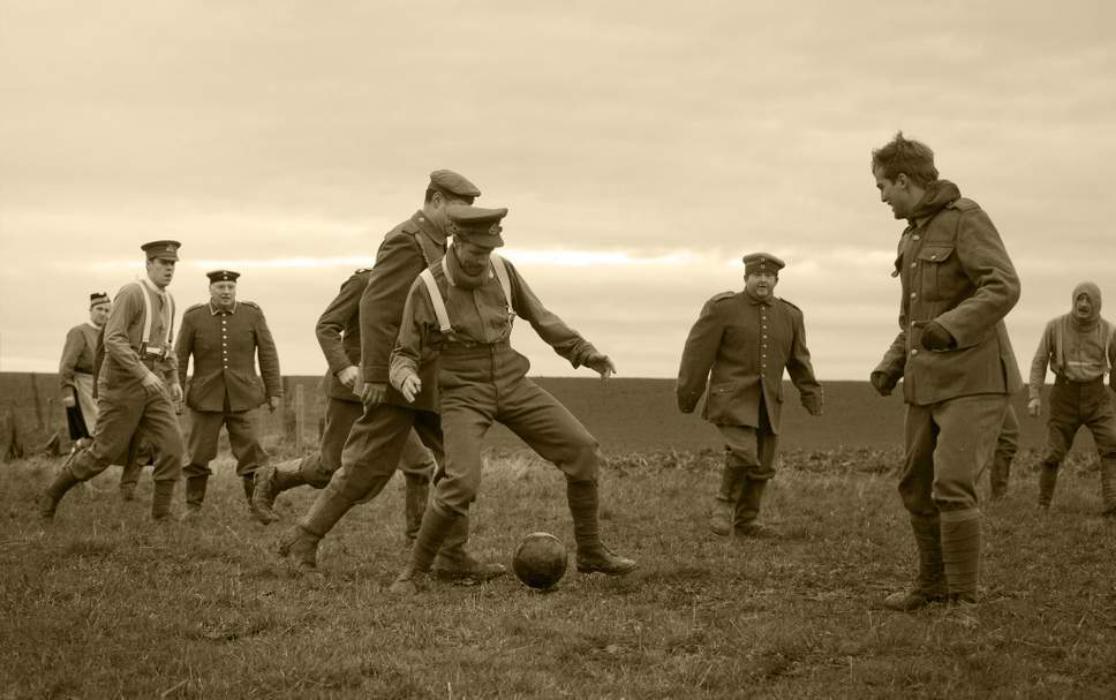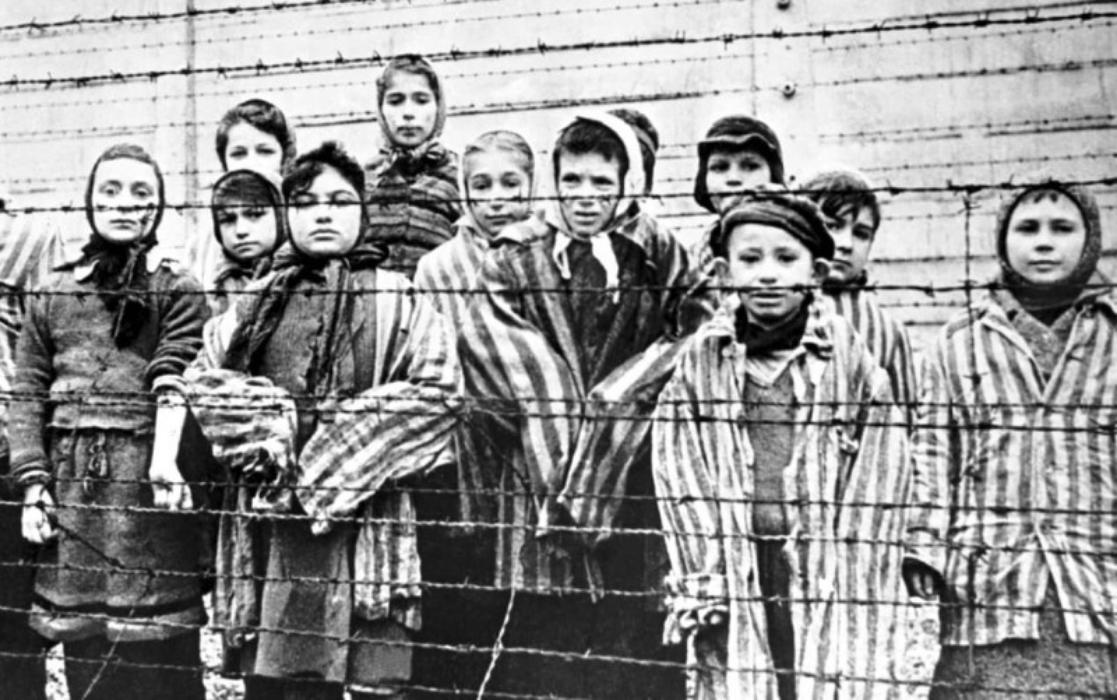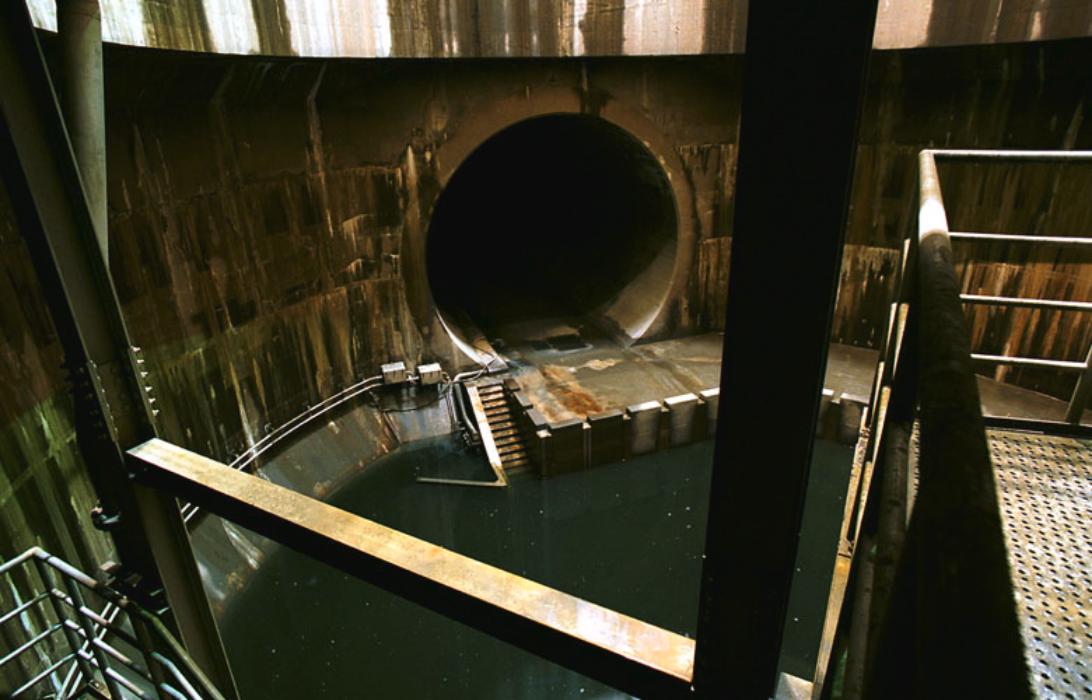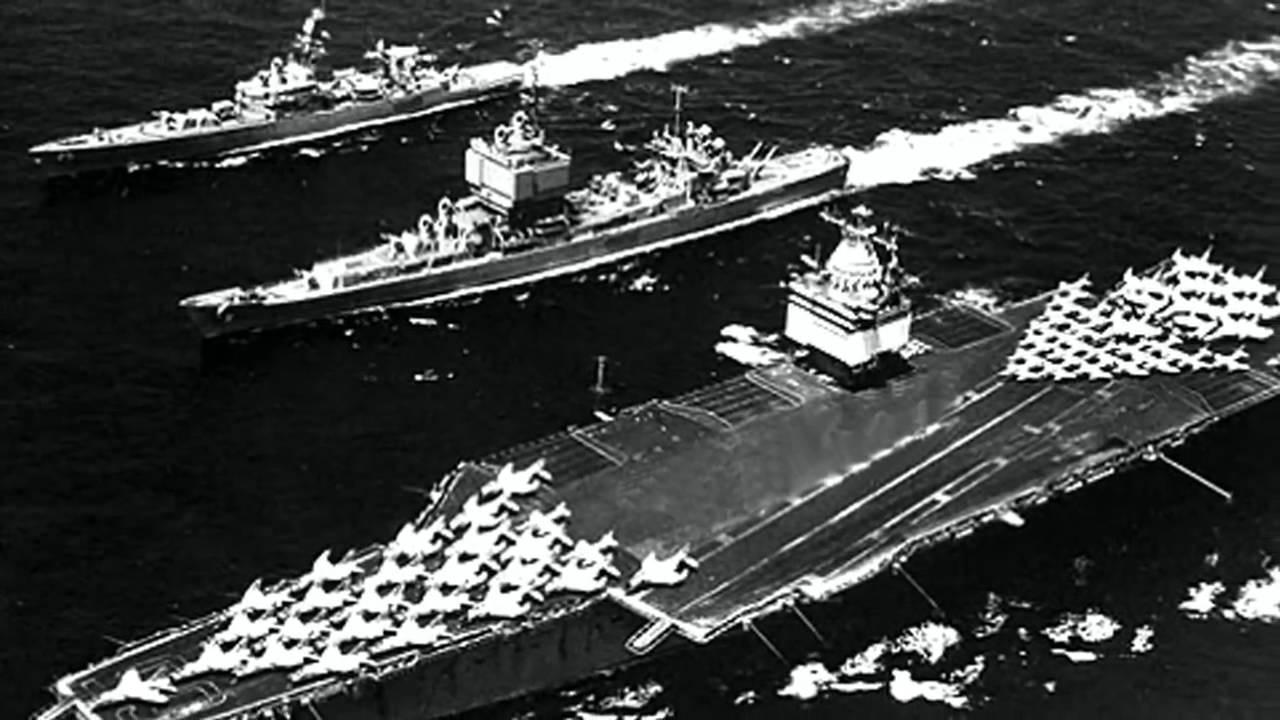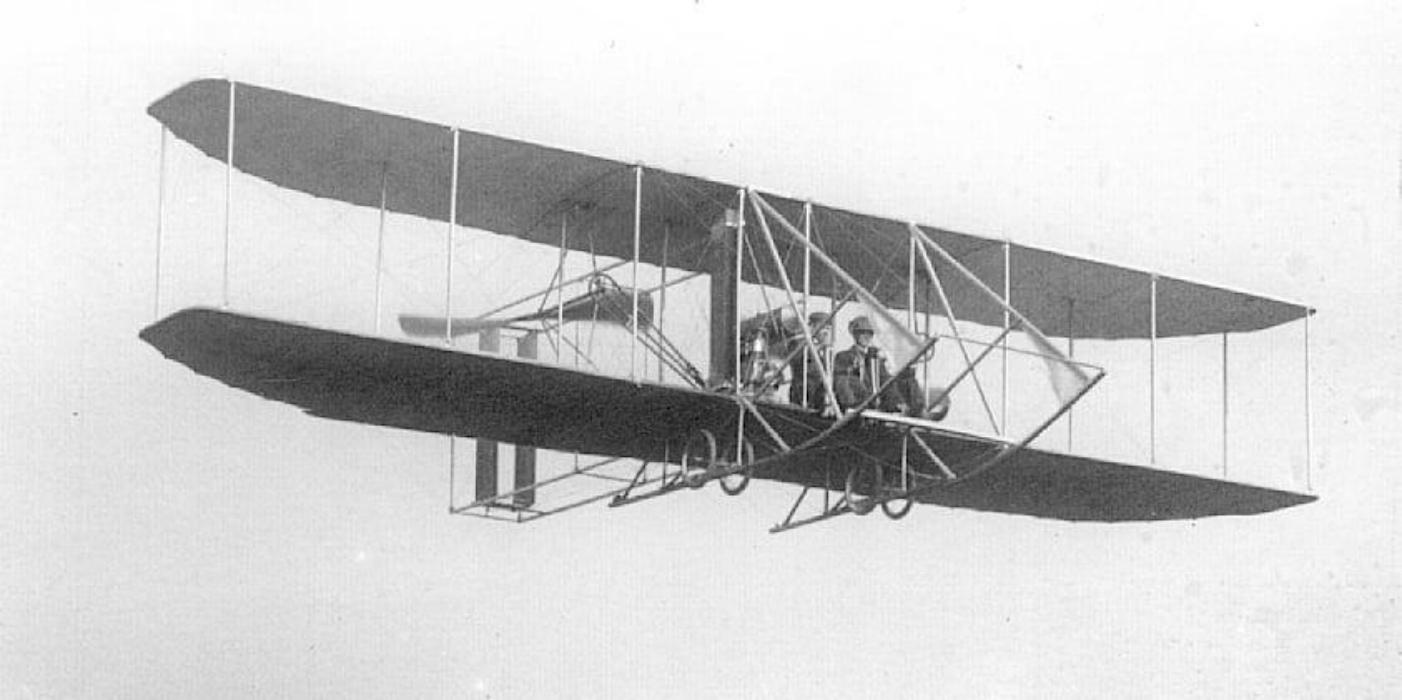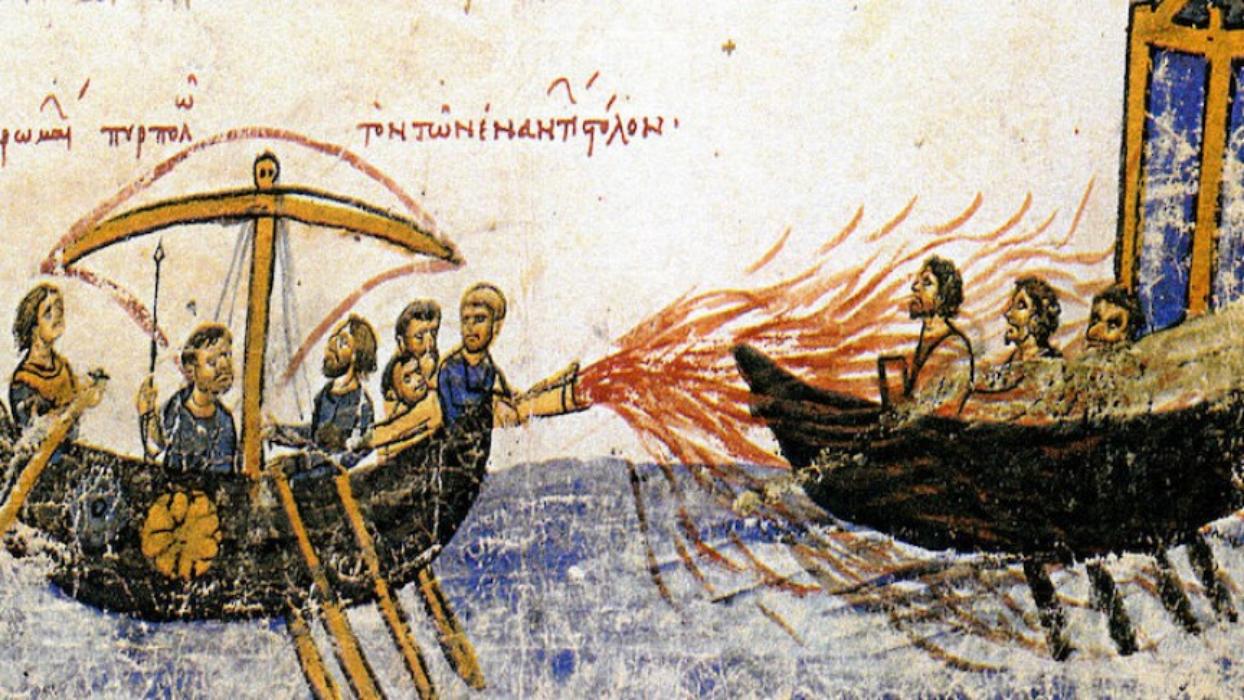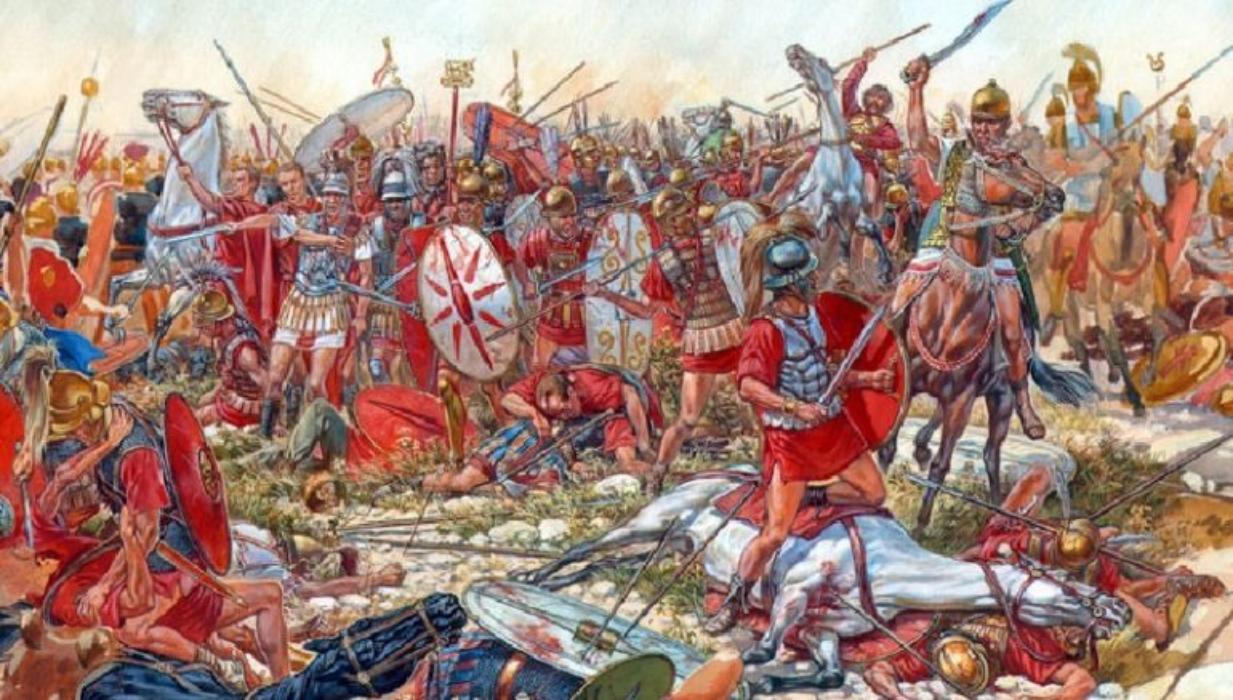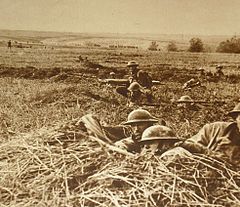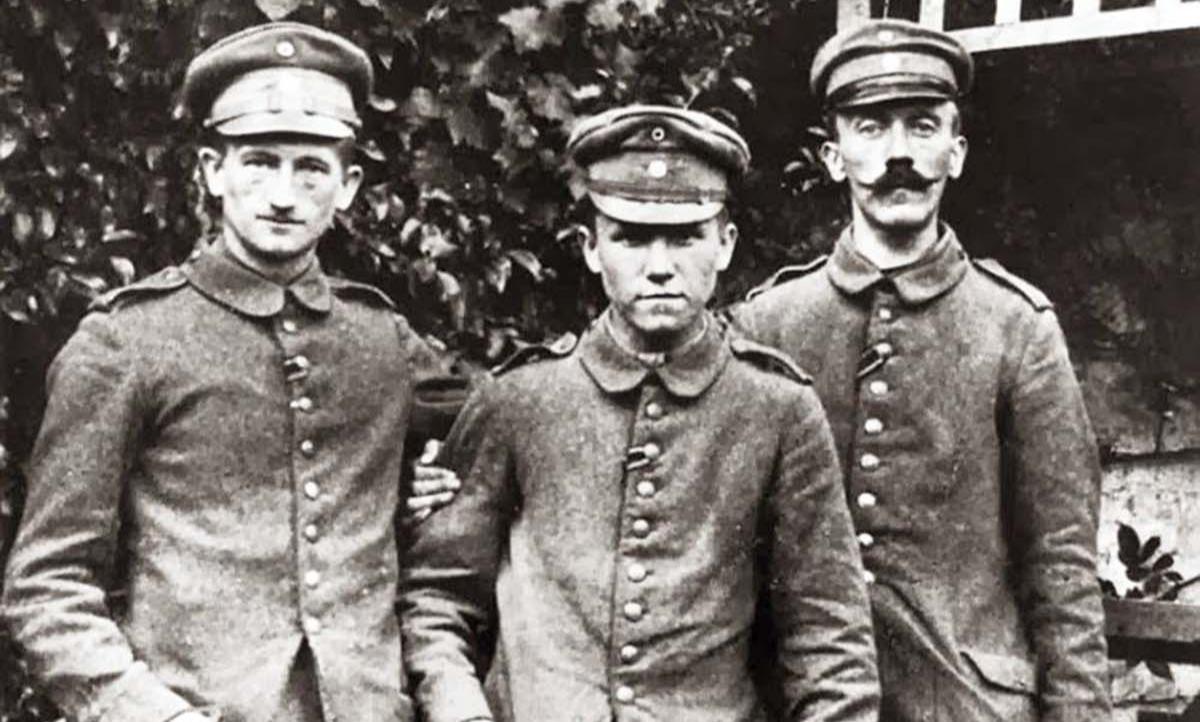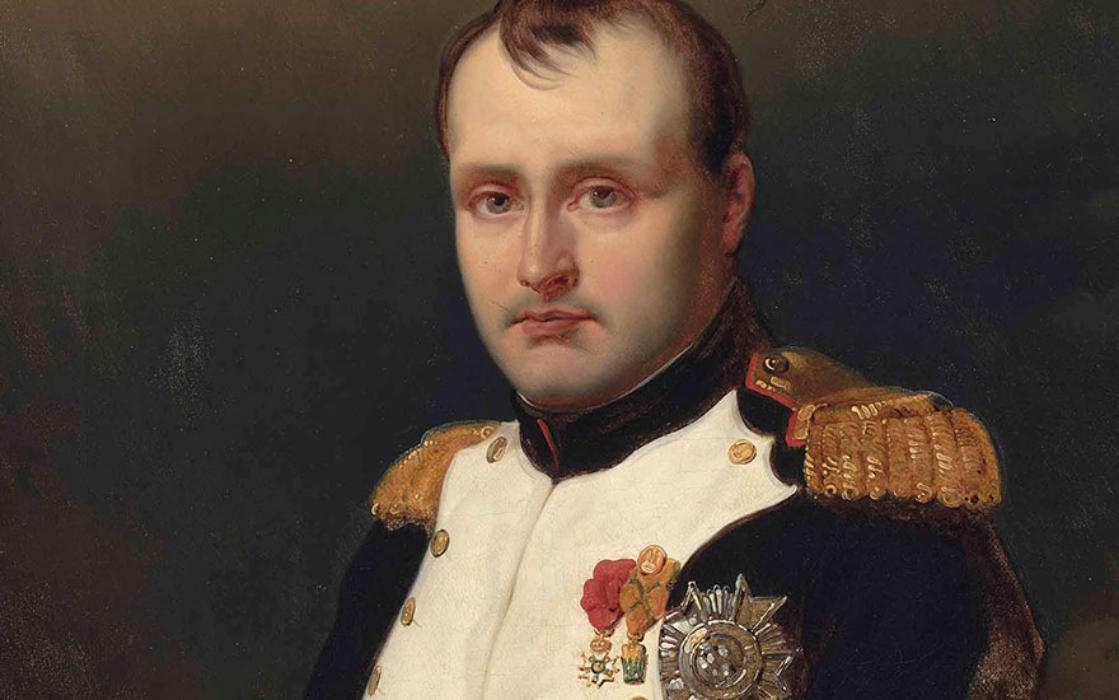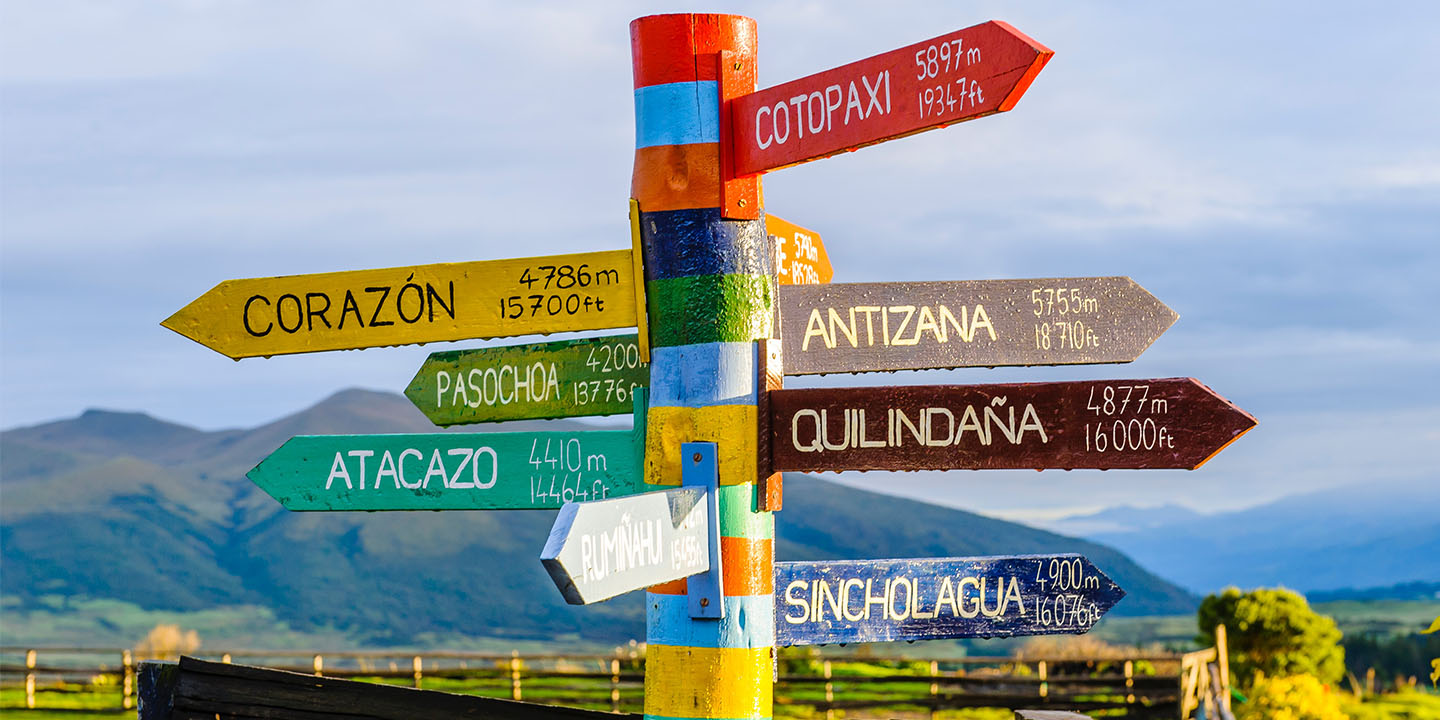People From Around The World Share The Most Unbelievable Thing That Has Ever Happened In The Existence Of Mankind
People From Around The World Share The Most Unbelievable Thing That Has Ever Happened In The Existence Of Mankind
Sometimes, you hear stories and they’re too good to be true. But they are true. You often ask yourself, “How did this happen?” History is full of these unbelievable stories. They're baffling, exciting and often incredible!
From insane military campaigns to complicated inventions, these stories are of the most unbelievable events in history. Can you believe these actually happened? Once you hear these stories, you won't be able to forget them.
35. Thank Goodness For Mother Nature
When the British took Washington D.C. in the War of 1812 they burned the White House. The next day they were going to burn the House of Congress.
The clouds began to swirl and the winds kicked up. A tornado formed in the center of the city and headed straight for the British on Capitol Hill. The twister ripped buildings from their foundations and trees up by the roots. British cannons were tossed around by the winds. Several British troops lost their lives because of falling structures and flying debris.
Tornados are exceptionally rare in DC.
34. That's A Coincidence
That two of the authors of the Declaration of Independence (John Adams and Thomas Jefferson) passed away on the exact same day, four hours apart and that day was July 4, 1826. The 50th anniversary of the signing of the Declaration.
33. It Led To The Middle Class
Yersinia Pestis, more commonly known as the Black Death, killed something north of 75 million people in the mid-14th Century. This was something like one-quarter-and-a-half of the entire human race at the time. Like all cataclysms, it disproportionally affected the poor, resulting in a famine in following years because there was no one to work the fields. Furthermore, the demand for labor meant that skilled peasants had more access to money and education for their kids. The worst pandemic in history directly led to the emergence of the middle class.
32. They Weren't Shooting At Anything
It's fairly believable but still surprises me that in 1942, The Battle of Los Angeles occurred.
Basically, from a mix of false reports and paranoia, the US military fired artillery rounds in the night sky over LA for hours at imaginary targets thinking there were Japanese military overhead.
Wasn't until it started getting light out that they realized there were no enemy planes and they didn't, in fact, shoot anything down. Some five people passed of heart attacks that night.
31. Thank Goodness For That Typhoon
Maybe the Mongolian invasion of Japan, which was blighted not once but twice, by sheer luck as typhoons (which only strike two or three times a year) wiped out their entire ship fleet. The Mongolians took it as an omen and didn't invade again, a victory which would have been quite easy for them.
30. The Fact That Dinosaurs Existed
I just find it insane that dinosaurs actually existed.
I mean a Tyrannosaurus Rex was 13 feet tall, 45 feet long, nine tons. It had banana-sized teeth and a bite force of 12,800PSI. It had some of the sharpest senses of any animal to ever live (better vision than an eagle, a better sense of smell than almost any other animal, extremely acute hearing), and was packed with muscle from head to toe (even compared to other similarly sized theropods). Even its relatively small arms could each lift around 400 lbs.
When you describe it like that, it doesn’t even sound like a real animal, it sounds like a movie monster. And that thing actually existed.
29. The Fact That Music Was Invented
The invention of music. A universal system and language of something so simple yet that holds so much power. Music has some serious power and it uses math like the rest of the universe but affects us in a totally different way than most anything.
28. How Did They Do It?
That the Mongolian civilization in the 13th Century, armed only with horses, arrows, and steel, managed to sweep through and completely conquer the vast majority of the entire Eurasian landmass in only about ten years, forming the largest contiguous land empire in history. There were over 12 million casualties, a record only surpassed 700 years later in World War II.
27. What Were We Thinking?
I think that humans invented forged metal. Like, how does that even happen? How do you, without knowing that metal is in ore, that ore is distinct from any old rock, and without knowing you can melt it, decide to stuff it in a hole, with coal or some other fuel, in such a way as to generate the heat to melt it, and then from there also make sure the metal pours out in a usable form? How do you make that series of decisions? It's always seemed so crazy to me.
26. We Went To The Moon
The moon.
We landed on the moon.
THE MOON.
Only 50 years after we built the airplane, we went to the MOON.
25. No One Knows About This
The Great Molasses Flood of 1919 in Boston. A steel vat of molasses ripped apart sending a 15-foot wave of 26 million pounds of molasses tearing down Commercial Street.
The wave moved 35 MPH and ripped houses from foundations and trains from tracks. Twenty-one people were crushed by the impact of the wave or drowned and 150 people were injured. It took 80,000 man-hours and salt water to clean up the mess.
The cause of the explosion? Although officials originally blamed anarchists for planting a weapon (something to do with certain components in molasses being used in government munitions), others thought the molasses fermented, causing the explosion. It turned out to be shoddy workmanship and led to changes in the industry.
So, we never have to worry have this happening again. I don't think the molasses industry requires massive vats anymore and they're not likely in the Boston area. Hmmm. I'll have to check that.
24. The Spanish Flu Should Be Talked About More
I find it absolutely unbelievable that the Spanish flu isn't talked about more. The disease is a modern-day example of the Plague. The disease, at its peak, infected up to 500 million people worldwide (roughly 25-33% of the world's population or, one in four people were infected) and eradicated 50-100 million people, all within two years, most of which happened in 1918. All of a sudden though, the disease dissipated by sheer luck, and mutated into a less virulent strain because those infected by the more virulent strain had already went on to whatever is next. I can't even imagine what would happen if a disease like that had spread today.
It's completely nutty that we don't talk about this brief episode in history. I don't remember being taught about this in any of my history class (then again, we kind of stop leading up to modern history like the Vietnam War etc).
I honestly only looked back on it recently because there was a Bill Gates interview talking about what he feared most in his lifetime and spoke about infectious disease and antibiotic resistance over nuclear warfare.
23. The Invention Of Language
That some people actually figured out we can assign meaning to our mouth noises, and use them to express complex ideas.
Also amazing, that some people realized you can make the meaning of these mouth noises last forever by drawing symbols that represent the mouth noise you made.
22. The Invention Of Flying
The invention of the airplane and its evolution to today's jets. Can you imagine telling someone 100 years ago that you can go back and forth from Europe to America in eight hours 35,000 feet in the sky? They wouldn't believe it.
I'm never more amazed than when I step off of a long-haul flight. The fact that my body moved that distance at that height in such a short amount of time is just mind-blowing.
21. The Luckiest Man Alive
Bill Morgan survived a car crash that was super close to ending him. The doctors gave him medicine that caused his heart to stop. He was considered dead for about 14 minutes before miraculously coming back to life. In most cases, people who have to be brought back to life might end up being seriously disabled, or even paralyzed.
Bill Morgan ended up in a coma and given how long he'd been dead for, people suggested removing life support twice. Nonetheless, he came out of his coma 12 days later unscathed.
He re-evaluated his life and proposed to his long-time girlfriend. She accepted.
Feeling pretty happy about himself he bought a lottery ticket. Yes, you're right; he won a $23,000 car.
The local news asked him to buy another scratch ticket to re-enact the scene, he happily did so, and scratched the ticket; rather than being excited he just looked at the camera and said: "I just won $350,000, I'm not joking!"
So yeah, the luckiest man on earth.
20. The Invention Of Fire And Cooking
The discovery of fire and the invention of cooking. Our very evolution has been shaped by this event, and all other aspects of our technology are derived from and made possible by the harnessing of fire. I tend to think of human history as being governed by calories, and every single time we invent a new method of getting more working energy to power ourselves and our technology we take tremendous leaps forward. Fire was the first time we found a way to take stored energy directly from the environment and turn it to our advantage, and without this first step we would never have even evolved beyond a chimpanzee in intelligence (we need fire to unlock calories from raw meat and plant tubers, and without those calories, brains are just too expensive to grow large). After fire there were a few more enormous leaps in our civilization, and all were connected to finding better ways to gain more free energy for our use— the other two big ones were the invention of the wheel (which let us harness the power of mules, wind, and water wheels) and the internal combustion engine. I am excited for the day that we can take the next leap forward, which will happen once we have mastered fusion power and unlock all of the potential energy of hydrogen bonds.
19. We Have Too Much Power
For me, events like the Fukushima nuclear disaster. The atomic weapons. Nothing is more terrifying to me than the total obliteration and long-term effects of this technology we’ve created. Seeing pictures of the fallout and wasteland of irradiated places bring me to my knees. I can’t fathom what it would be like to survive or die at the hands of a nuclear disaster. We literally have the potential to turn ourselves into post-apocalyptic ruin with the press of a button.
18. Everything Changed Overnight
It makes sense from our perspective, but imagine being in the Aztec empire when Hernan Cortez arrived.
I mean, what's the plot of a generic alien movie? Foreign invaders with technology far above ours changed all life as we know it, and enslaved the few they didn't take the lives of. Yeah, that happened already.
The Aztec empire was top dog, the Roman Empire of Central America. They couldn't be stopped, they had massive cities, complex government, and economy, art, music, all of it. They were unmatched in a big way, and probably had the most luxury and opulence of any other society in the Americas.
Then a boat of 300 guys shows up, and destroy everything and everyone, almost overnight. The empire is gone, the emperor was dead, the city destroyed, and everyone under Spanish rule. That's insane.
17. They Needed Cheap Tea
Britain once got all of China to become addicted to a certain substance just to get cheaper tea. And they needed it cheaper because they bought so much tea it was destroying their economy.
16. Domino Effect
Most amazing thing is Gavrilo Princip, the man that shot Franz Ferdinand. Gavrillo took away the life of Franz Ferdinand causing WWI. The effects of WWI on Germany lead to the rise of Hitler and the Nazi party, which caused WWII. This one man trying to make a point caused the two most horrific wars the world has ever seen and amassed around 80 million casualties.
15. They Were Peaceful Once
The Christmas truce in 1914. The Great War, which we know as WWI, started in August 1914, and more or less by November it had reached the trench warfare stalemate. There was a series of spontaneous ceasefires, first to allow the retrieval of the dead from the no-man's land, but later on evolving to the fraternization between the enemy sides, singing across the no-man's land, eventually exchanging gifts, and even soccer matches taking place in no-man's land. Where conversation was possible, you saw soldiers on both sides sharing their experiences and their desire for peace. It was the reversal of the status quo, and one could say a moment of clarity.
This eventually got the military leaders worried that the soldiers would get pacifist tendencies risking order and moral in the front, and the truce had to end, and so it did return to a violent mess as usual.
By 1915 onward, the savagery of the war had left to many resentments for a repeat of the truce.
For me this is surreal. In a few days hated enemies start to sing, come across, and you have a bottom-up peace movement happening, the subversion of the ordinary order: the soldier fights, it is up to the leaders and generals to do the politics. Here, for a few days, it was the soldiers reaching a peace, and some leaders worried that the soldiers would refuse to fight, and a peace had to be agreed, with terms that were not of their choosing or liking.
14. The Fact That The Holocaust Happened
WW2— specifically the Holocaust where we, at this modern age, as an intelligent human being, systematically took away the lives six million people. The treatment of Jews, Gypsies, and the handicapped, experimentation on other human beings— a horrible series of occurrences on an almost unimaginable scale. How could an entire nation agree to this?
13. The Invention Of A Sewer System
I've always been amazed at the water supply and sewer system. I've always felt these two inventions are greatly overlooked, way after electricity.
But if you stop and think about it, I don't believe that, as a species, we would be where we are without moving water to where we want to live and also move out the sewer water (and its contents) away from us.
12. The World Didn't End During The Cuban Missile Crisis
Humanity was not ended on the night of October 28, 1962.
At the height of the Cuban Missile Crisis, Air Force crews on Okinawa were ordered to launch 32 missiles, each carrying a large nuclear warhead. Only caution and the common sense and decisive action of the line personnel receiving those orders prevented the launches— and averted the nuclear war that most likely would have ensued.
According to John Bordne's account:
The second launch officer at that site reported to Bassett that the lieutenant had ordered his crew to proceed with the launch of its missiles! Bassett immediately ordered the other launch officer, as Bordne remembers it, “to send two airmen over with weapons and shoot the [lieutenant] if he tries to launch without [either] verbal authorization from the ‘senior officer in the field’ or the upgrade to DEFCON 1 by Missile Operations Center.” About 30 yards of underground tunnel separated the two Launch Control Centers.
11. The Tech That Brough Us To Space
In December of 1903, the Wright brothers made the first powered flight in history. In July of 1969, the first human set foot on the moon. These events are separated by less than 66 years, meaning that there were, for a time, a significant number of people who remembered both. In addition, Apollo 11 landed just over eight years after the first manned space flight, which itself was less than four years after the first time we managed to get something into orbit. The fact that we went from hot air balloons and gliders to exploring other celestial bodies in less than a human lifespan just boggles the mind.
Also, bonus fact: the guidance computer for the Apollo missions had a grand total of 4 Kilobytes of RAM and 72 Kilobytes of ROM, all of which was 16-bit. For reference, the original Game Boy had 8 Kilobytes of RAM, not counting the dedicated video RAM, and (depending on the cartridge) between 32 Kilobytes and 8 Megabytes of ROM.
10. The Discovery Of DNA
The discovery of DNA, which happened in my lifetime. Darwin's, On The Origin of Species, taxonomy was the best science could do at the time and was remarkably accurate. Then the breakthrough of DNA comes along and with that and computers, the taxonomy of species evolution is nailed!
And yet people hold a device in their hand that nobody would have believed even possible 20 years ago that connects everyone on earth through satellites in space. After this, people still believe some magic guy we can't see made everything and put two of all the animals on a boat....
9. The "Greek Fire" Saved Constantinople
Maybe not the MOST, but the invention and use of "Greek fire" by the Byzantine Empire. Its use saved Constantinople from falling multiple times and ensured that the Empire survived much longer than it would have without it. It was able to burn on top of the water and was used in early adaptations of a flamethrower. The composition was kept so secret that we still don't even know for certain what it was made of. It is also likely the inspiration for wildfire in Game of Thrones.
8. Working With Plants
How did we learn that certain poisonous plants become edible after preparing them in a certain way? Was there really nothing else to eat so that people starved so bad they went, "Well that guy ate this and his life ended horribly, but I'm gonna boil it and see if it's edible after."
7. One Of The Most Powerful Battles
The battle of Cannae, where Hannibal’s men successfully surrounded a force more than twice their own size and proceeded to get rid of up to 80,000 men in a single day. To give you some context for this event, this was in 216BC (I think) so technology wasn’t that advanced. However, no war came close to these numbers relative to time until the Somme, some 2000 years later.
6. World War I Was Worse Than What People Thought
WW1. The things those soldiers had to endure is amazing and without the internet, no one back home really knew the entirety of how bad it was. Even the people not in combat were greatly affected by the war. Women had to take on a lot of the work, civilian air raids, etc. It must have been a scary time
5. He Could Have Changed History
In WW1, a young British soldier saw a retreating and also injured Adolf Hitler. Not only did he see Hitler retreating, but he also was directly in his line of sight. However, the young soldier couldn’t pull himself to shoot the young Hitler, allowing him to retreat to safety. In that moment, history could have been changed, and with that action of the British soldier not to shoot, the fate of millions was decided.
4. No One Messed With Napoleon
Napoleon came back from exile in Elba and was met by a firing line that refused to fire on him, multiple times.
The King promptly fled France and most of Europe immediately declared war upon Napoleon's return.
Napoleon as a person is awe-inspiring and unbelievable.
3. They Ruined History
The burning of the great library of Alexandria, hundreds of years of writing and history of ancient Egypt done by the founders of language, mathematics, and science. Gone without a trace due to the Romans being absolute morons. I believe this sole event was what lead to Roman ideology taking over the world essentially.
Who knows the great wealth of knowledge and answers we could’ve had for many of the great questions of our past that fell under the ashes.
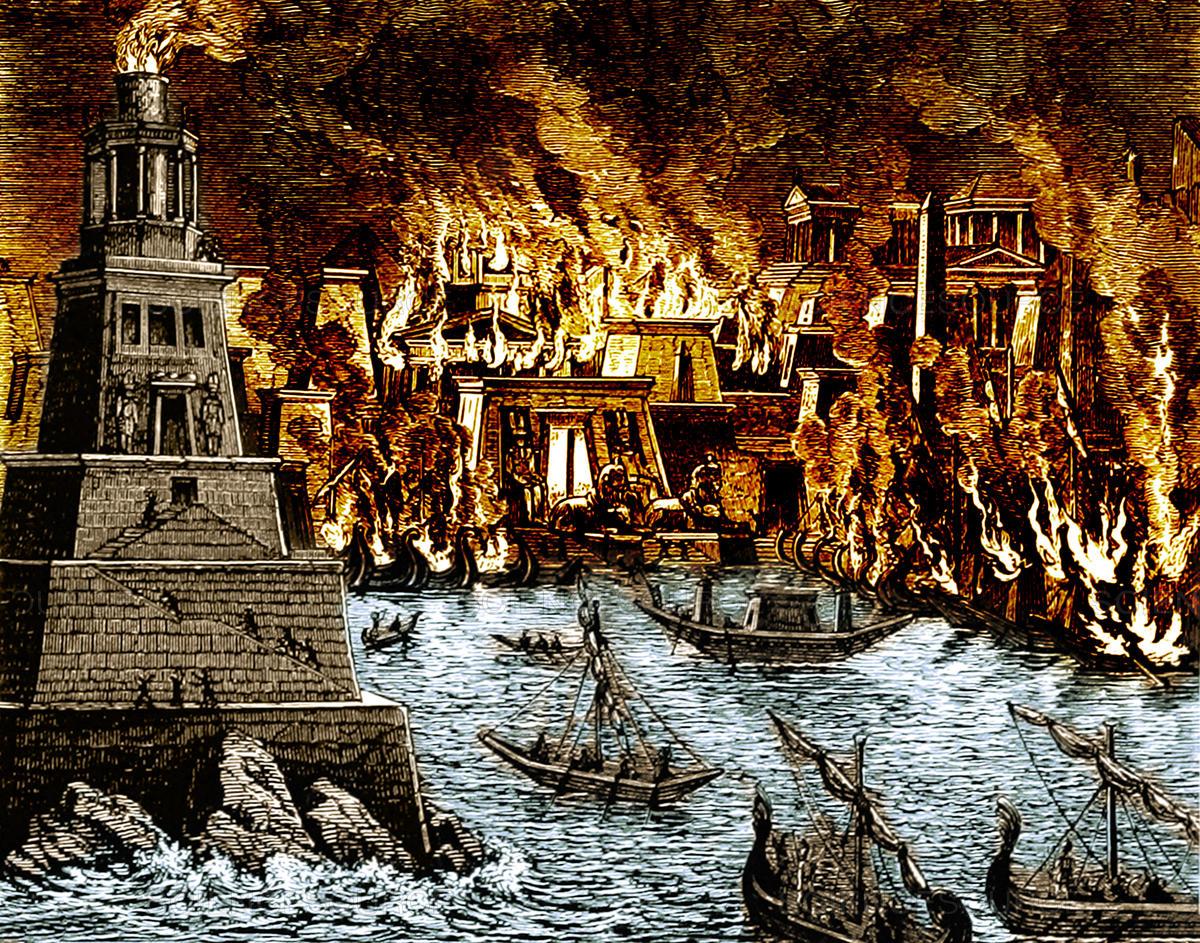 Sciencesource.com
Sciencesource.com
2. How Would It Be Today?
The sheer amount of people who lost their lives due to the Black Plague. Imagine how society would shift if a plague today took away anywhere near that percentage of the population.
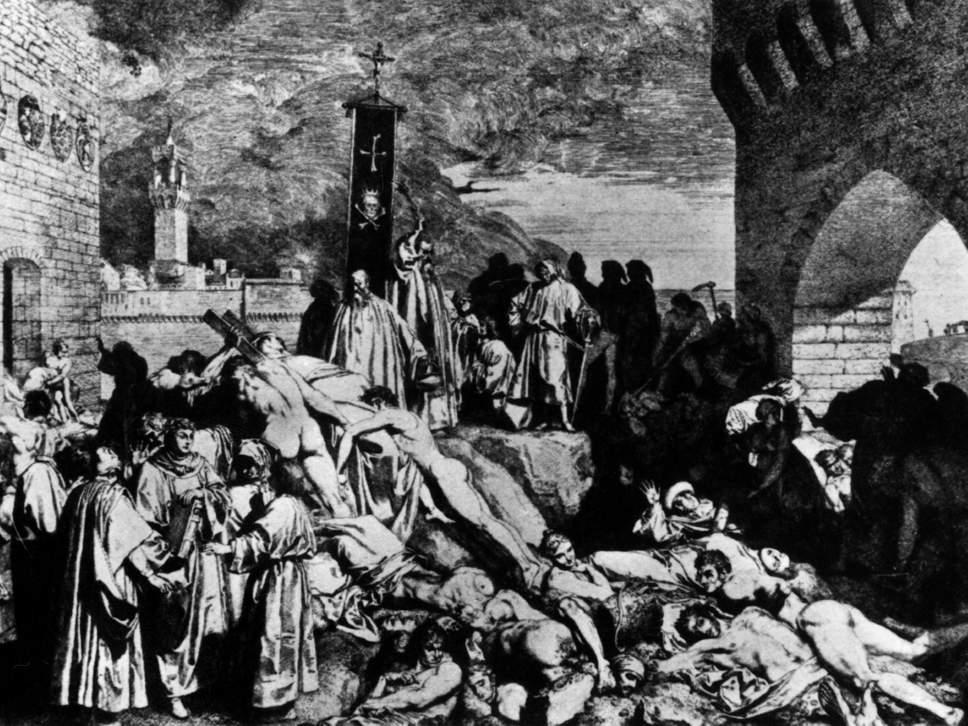 Interfoto/Alamy via independent.co.uk
Interfoto/Alamy via independent.co.uk
1. An Unlikely President
Donald Trump.
 Youtube
Youtube


